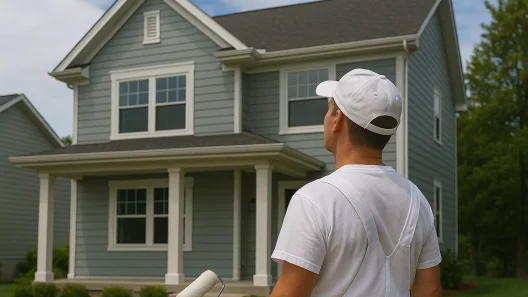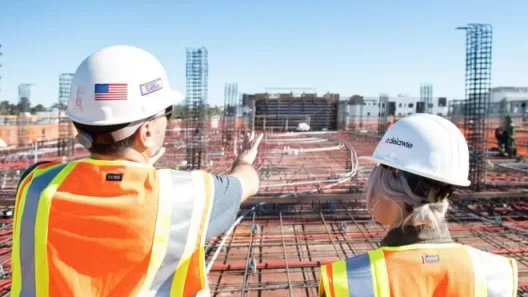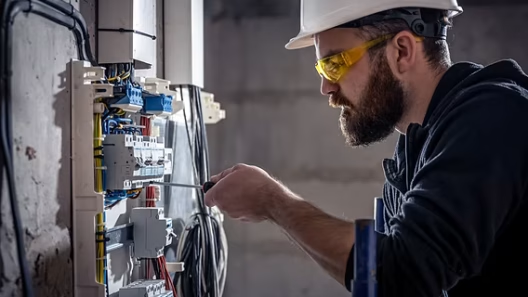Ever feel like your hands are just for typing? I did. For years. Plumber Training: A Skill That Generates Income isn’t just some tagline I found online; for me, it was the escape hatch.
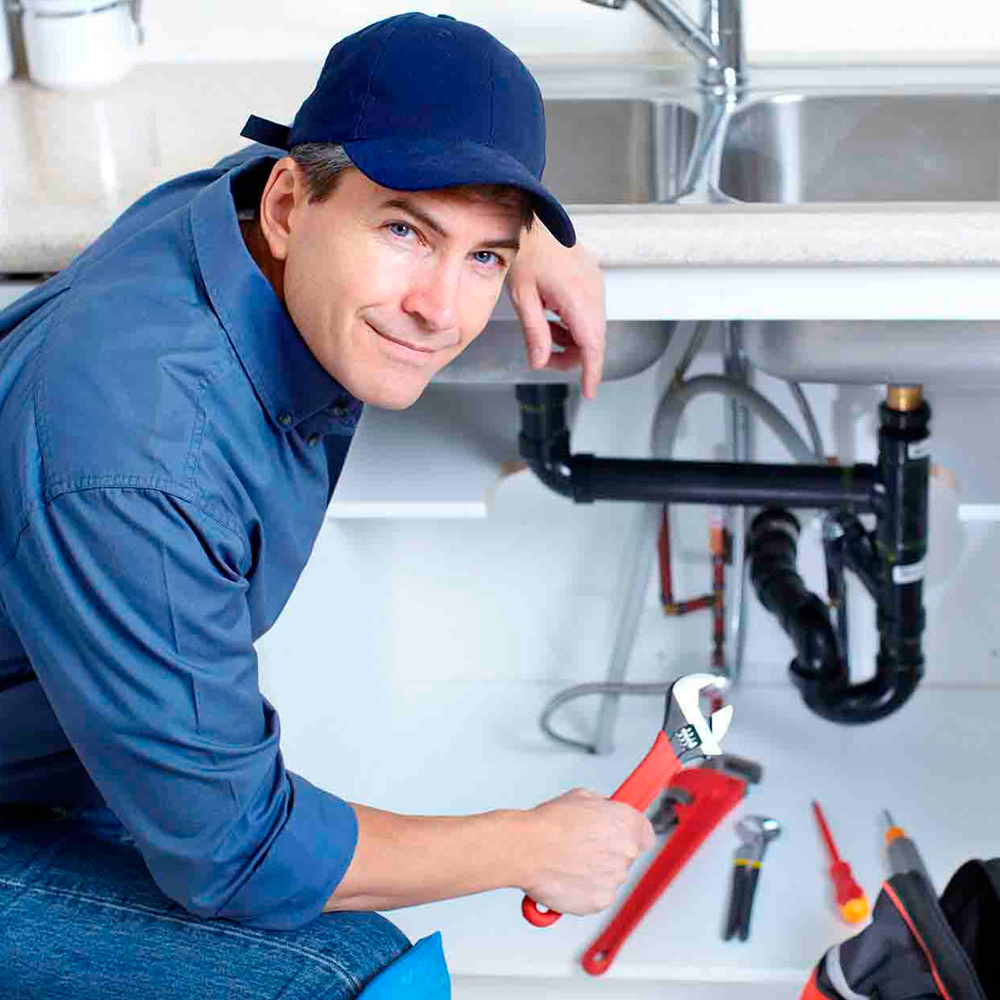
I was stuck in a cubicle, watching my soul slowly leak out while pretending to care about spreadsheets. Every single day was a copy-paste of the last. The problem wasn’t just the boredom it was the feeling that I didn’t have a real, tangible skill. You know, something people actually need when things go wrong. Then, a leaky faucet in my own apartment and a chat with the guy who fixed it changed everything.
The Stuff Nobody Tells You About Being a Plumber
Let’s get real. When you hear “plumber,” your mind probably jumps to a cartoon character with a wrench, right? I was right there with you. But let me tell you, the reality is a world away from that old stereotype. It’s actually pretty cool. The modern plumber isn’t just clearing clogs. We’re high-tech problem solvers.
This Isn’t Your Grandpa’s Plumbing Job
These days, we’re installing smart home water systems, working on solar water heaters, running gas lines, and using tiny cameras to see inside pipes. Basically, it’s a job that needs a sharp mind. Every call is a new puzzle to solve. And the feeling you get when you restore hot water for a family with kids on a cold day? No spreadsheet can top that. Ever. It’s about providing something essential, and that feels good.
The Work is Always There (and So is the Money)
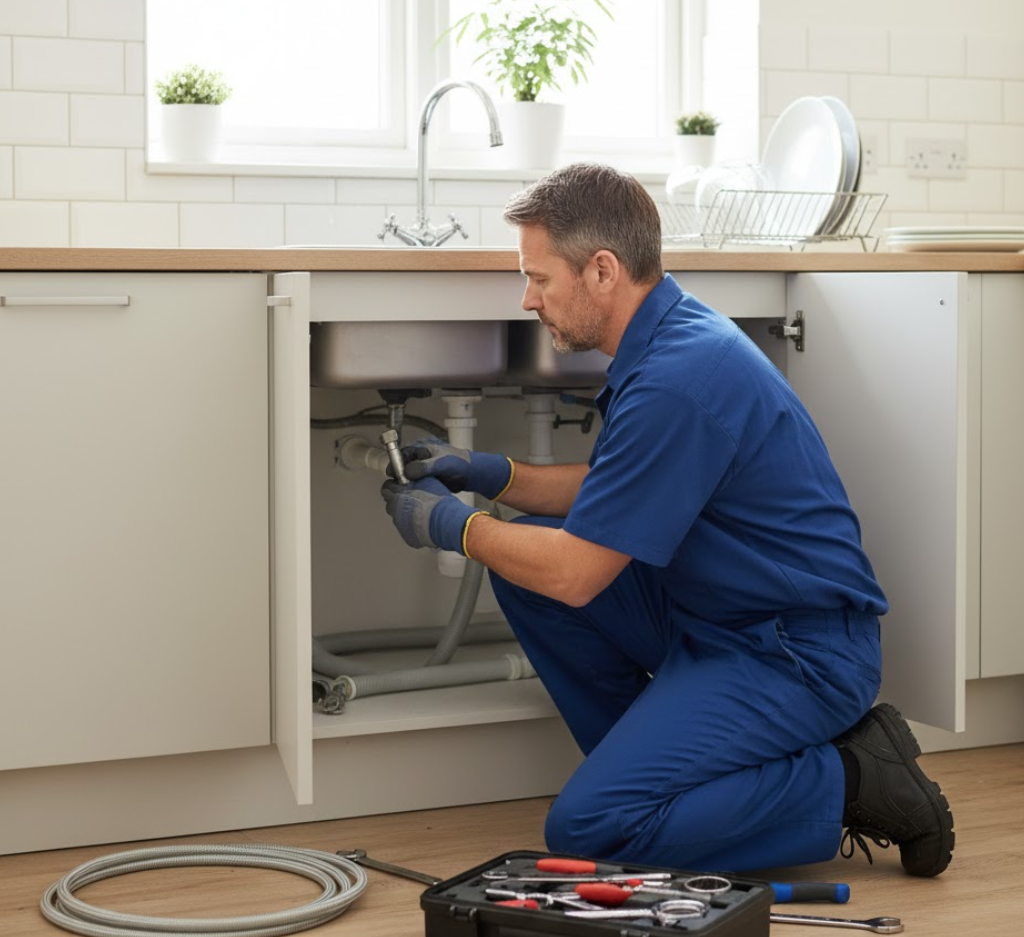
Here’s a simple truth: people will always need running water and working toilets. Always. That means the demand for good plumbers is rock-solid, and because so many people are chasing tech jobs, the field isn’t nearly as crowded as you’d think. With new buildings going up and old ones needing constant repairs, the work simply doesn’t dry up.
Think about all the ways you’re needed:
- Sudden Disasters: Burst pipes don’t check the clock.
- New Buildings: Every new home or office needs plumbing from the ground up.
- Keeping Things Running: Big buildings and businesses pay well for maintenance to avoid those disasters in the first place.
- Upgrades: Everyone wants that new bathroom or dream kitchen, and you’re the one who makes it happen.
So, How Do You Actually Do This?
Okay, I get it. You’re thinking, “This sounds good, but where do I start?” I was in the exact same spot. It’s more straightforward than you’d imagine.
Get the Right Training (It’s Your Foundation)
First thing’s first: you have to learn the ropes. I started at a local trade school, which was awesome for getting hands-on experience. You can also find some solid online courses that teach you the theory. The key is to build a strong foundation. Don’t try to rush it. I’ve actually put together a no-fluff list of programs and courses I’d recommend.
Once you’ve got the basics down, you need to get your hands dirty. Seriously, this part is non-negotiable. See if you can shadow an experienced plumber, maybe even help out on jobs. You’ll learn more in a week of real-world work than in a month of reading books. Trust me on this.
Your First Toolkit (Without Breaking the Bank)
You don’t need a truck full of shiny, expensive tools right away. Start with the essentials, but buy quality stuff that will last. For example:
- A couple of good pipe wrenches.
- Channel lock pliers.
- A tape measure and a level.
- A solid hacksaw.
As you start making money, you can put some of it back into better gear. Pro tip: check out pawn shops or online marketplaces for used tools from pros who are retiring. You can get great deals.
Ready to get started?
The market is full of opportunities waiting for you. Reading about it is not enough it’s time to take action. Check out where the best openings are for beginners and professionals who want to grow:
The Secret That Puts You Ahead of the Pack
Having the skills and tools is one thing. But here’s the thing that separates the pros from the amateurs: your reputation. It’s everything. Being on time, giving a fair price, explaining the problem clearly to the homeowner, and cleaning up after yourself these are the things that get you called back. This is how you build a business, not just a job. One happy customer tells three friends, and before you know it, your phone is ringing without you spending a dime on ads.
Look, for me, learning this trade wasn’t just a career change. It was my ticket to actually owning my time and my life. I traded my cubicle for a business I built with my own two hands.
The bottom line is this: investing in a real-world skill like plumbing is one of the safest bets you can make for your future. It’s secure, it pays well, and the only limit is how hard you’re willing to work.
So, what’s holding you back? Is it fear? Uncertainty? Seriously, drop a comment below. I read all of them and I’m curious to hear your story.






